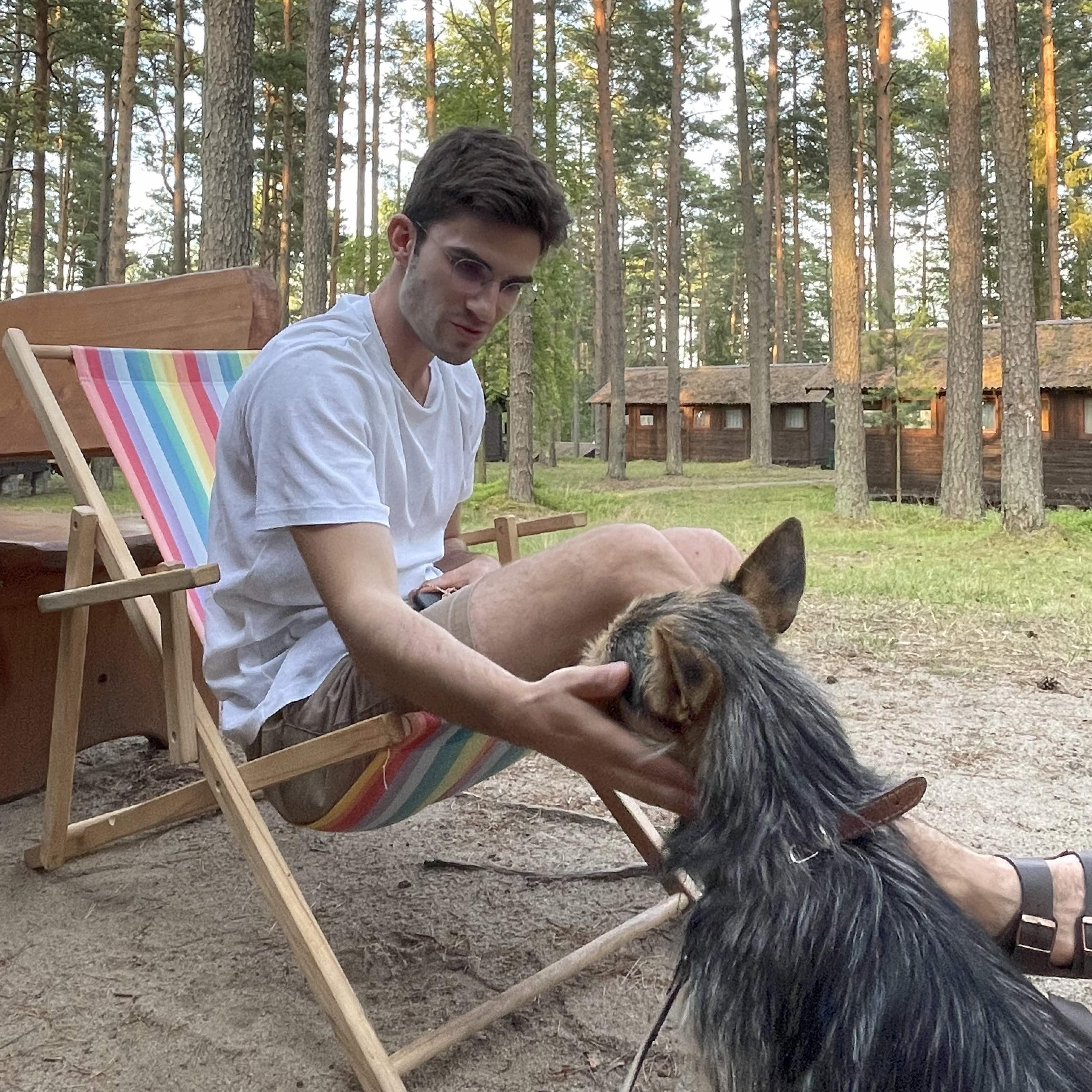Antoni Porayski-Pomsta

I completed my undergraduate degree in history at Brasenose College, Oxford, before moving to Cambridge to do an MPhil and PhD. I am supervised by Hubertus Jahn.
My dissertation entitled ‘At the Gates of Modernity: a history of Russian Poland’s urban outskirts’ examines the relationship between social and spatial marginality in late-nineteenth and early-twentieth-century Russian Poland. The region’s urban outskirts, predominantly the suburbs of Łódź and Warsaw, emerged rapidly against the background of industrialisation, urbanisation and mass migration that followed the rural reform of 1864. In the dissertation I explore suburban development through the prism of the actions of and interactions between the local poor (who could be Polish, Jewish, but also German), the elites (most importantly the Polish intelligentsia), as well as the Russian imperial state and its bureaucratic representatives. I am particularly interested in how transient and migrant populations operated in spaces in which both the state and the elites were relatively weak due to suburban peripherality and liminality between the urban and the rural.
Methodologically, I am inspired by the field of sociology of space. As argued by scholars such as David Harvey, spaces are not merely containers in which history happens, but important participants in the historical process. Therefore, in my examination of the production of suburban spaces I am particularly interested in the relationship between the absolute (physical) space of the outskirts and what Harvey called its relative (perceived) and relational (interactive) aspects.
European history, 1715-1890 (Paper 17)
ASEEES 2024, Boston (November 2024). Presentation: ‘Between Flux of Space and Stillness of Place: Urban Periphery in Early Twentieth Century Russian Poland’
POLIN 2024, Warsaw (August 2024) Presentation: ‘Towards a multicultural history of Bałuty, a suburb of Łódź, c. 1880-1915’
ASEEES 2023, Philadelphia (December, 2023). Presentation: ‘Accelerating out of control: temporal topographies of the (sub)urban in fin-de-siècle Russian Poland’
Cambridge-EHESS, Paris 2023. Presentation on the current state of the PhD based on a draft chapter.
BASEES postgraduate workshop 2023. Presentation: 'Archival Research in Poland'
Confraternitas Historica postgraduate seminar 2023. Presentation: ‘Through violence to eternal kingdom: Rewolucjoniści Mściciele, suburban violence, and the crisis of imperial governance in post-1905 Russian Poland’
ASEEES 2022, Chicago (November 2022). I will present as part of a panel: ‘Managing marginality: Russian imperial state and its borderlands at the turn of the twentieth century. Presentation title: ‘Governance of urban outskirts in late nineteenth century Russian Poland (c. 1880-1914)’
ASEEES 2022, online conference (October 2022). I will chair a roundtable 'Socialist Encounters at the Interfaces of the Russian and Ottoman Worlds'.
BASEES Polish Studies Group Conference 2022. Presentation title: ‘Plebeian sociability and the state in the urban outskirts of Russian Poland (1880-1915)’
Krúžok working group 2020 – an early career workshop in East and Central European History at Yale University, New Haven (2020-2021, conducted online). Presentation title: ‘Peasant experience of urban space in late nineteenth-century Poland’
Contact
Tags & Themes
Key publications
A. Porayski-Pomsta, ‘City margins rediscovered: the governance of urban outskirts in late nineteenth century and early twentieth century Russian Poland’, Kritika: Explorations in Russian and Eurasian History (forthcoming)
A. Porayski-Pomsta, ‘Through violence to Eternal Kingdom: "Revolutionary Avengers", suburban violence, and the crisis of imperial governance in post-1905 Russian Poland’, Journal of Social History (forthcoming)
A. Porayski-Pomsta,‘Całkiem zwyczajny kraj i wyzwania historii ogólnych’, Praktyka Teoretyczna 46/4 (2022), pp. 251-7
Review essay: Marzec, Wiktor. 2020. Rising Subjects. The 1905 Revolution and the Origins of Modern Polish Politics. Pittsburgh: Pittsburgh University Press. Ab Imperio 23/1 (2022), pp. 270-4
